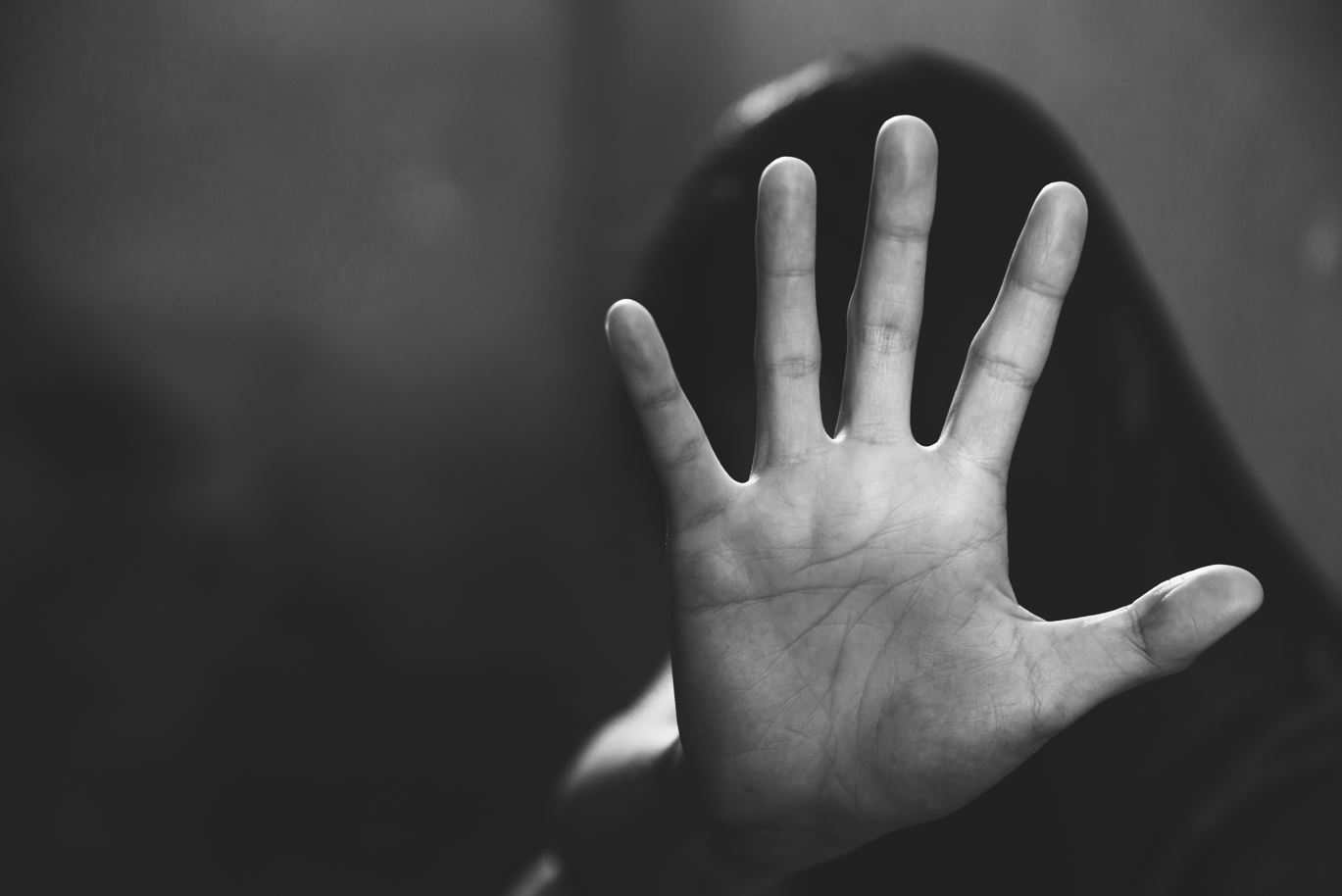Dr Sofia Graca discusses UN International Day for the Elimination of Violence against Women and why we should continue to mark important awareness days.
Today is International Day for the Elimination of Violence Against Women. It also marks the beginning of the ‘16 Days of Activism against Gender-Based Violence’ campaign, an annual event which ends on the 10th December, the Human Rights Day. Although it’s been 43 years since the first time this day was marked, it feels like much progress is yet to be made if we are serious about the elimination of Violence Against Women and Girls (VAWG). What is VAWG? It’s an umbrella term that covers a wide range of abuse that disproportionally affect women and girls. It reflects a continuum of cultural and misogynistic views of gender relations that keep women from accessing basic rights, such as water, education, employment, to stay safe and fulfil their potential as human beings. We are now at the end of COP29, which reminds us, once again, how women are disproportionately affected by climate change.
Although men are much more likely to be victims of homicide, women are women are still much more likely to be killed by an intimate partner or family member than men. Recent data from the ONS tell us that seven out of 10 victims of domestic homicide in the UK in 2022-23 were women. All but one were killed by a man. A report from UN Women estimates that ‘One woman or girl is killed every 10 minutes by their intimate partner or family member’ (representing 60% of all femicides). These are striking numbers that do not cease to shock, even though they have remained constant for many years.
Why should we care? Even if we were to disregard the basic violation of human rights that VAWG represent and the huge detrimental impact these have on the lives of millions of women and young girls, the societal and economic impact of VAWG is huge. Women are most likely to be caregivers, to be raising children and looking after the elderly. They do the cooking, cleaning and educating, all unpaid work that is of extreme social and economic value. VAWG causes a variety of health issues for women (such as depression, anxiety disorders, sexually transmitted infections), the long-lasting consequences of which also negatively impact the economy.
Despite instruments such as the Convention on the Elimination of All Forms of Discrimination against Women (CEDAW) having been adopted in 1979, and 2024 marking 10 years since the Istanbul Convention on the prevention and combat of violence against women and domestic violence being put forward, there is still a clear need to look at human rights from a gendered perspective.
The Government has pledged to halve the rates of VAWG within one decade. An ambitious task, no doubt, considering the estimated figures of women killed and abused yearly at the hands of current or former partners. As recently as September 2024, it announced that it would be funding a pilot where domestic abuse specialists will be supporting staff in 999 emergency call rooms. This followed the death of Raneem Oudeh who had called emergency services four times on the same night she was killed by her husband. The National Police Chiefs Council (NPCC) said that it wants to address VAWG as seriously as it does terrorism; it called it an ‘epidemic’.
At the same time we see daily in the news reports of VAWG, such as the suspected domestic homicide of Harshita Brella or the harrowing story of Gisèle Pelicot. Clearly much still is yet to be done. VAWG, in its many forms, is maintained by cultural, societal and structural factors that make up and sustain it. For these reasons alone, and if we have any hope for change to take effect, it is important that we keep marking days like the International Day for the Elimination of Violence Against Women and taking part in the 16 Days of Action campaign, with no apologies or justifications, for change to take effect.
Dr Graca is Principal Lecturer with the School of Law, Policing and Social Sciences, and chairs the CCCU Domestic Abuse Hub.
If you would like to get in touch, please email at sofia.graca@canterbury.ac.uk or cccu-da-hub@canterbury.ac.uk
 Expert comment
Expert comment Emma Grafton-Williams
Emma Grafton-Williams 2599
2599


